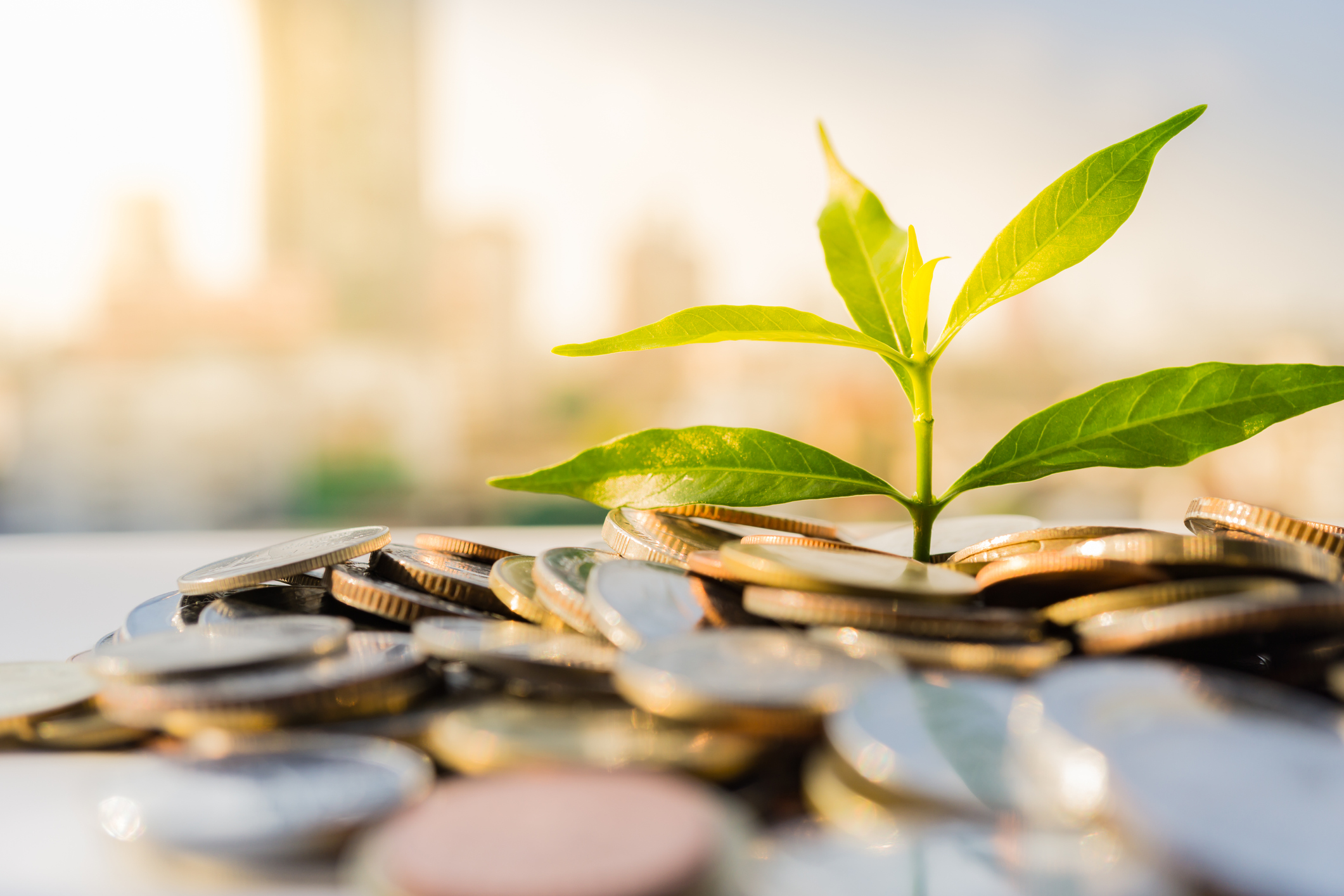Defining sustainable investing
Sustainable investing is about making responsible investment decisions that go beyond simply incorporating environmental, social, and governance (ESG) factors into an investment process. Key factors include investing in progress through improved business processes, with the belief that companies offering solutions to the world’s greatest challenges will grow faster than those who don’t.
These investments solutions are comprised of themed securities related to sustainability and conducive to worldwide advancement, while also considering future financial returns. Organisations that promise to combat climate change and environmental destruction by developing clean tech, for example, fit this definition.
Examples of sustainable themes include:
- Fighting climate change: Companies that invest in affordable, scalable production solutions enable countries to build cleaner, more robust economies.
- Healthy living and well-being: Companies that contribute to improving global health systems help build productive, prosperous societies.
- Affordable, clean energy: Companies that improve access to renewable energy contribute to the economy and create new jobs.
The myths and realities of sustainable investing
Myths:
- It’s a niche investment space.
- ESG marketing filters merely distract from the weak
- long-term return potential.
- All ESG-labelled products are legitimate, mostly focusing on environmental factors and omitting investments in oil companies.
Realities:
- It’s an investment opportunity now anchored in mainstream finance.
- It’s particularly attractive to Millennials, Gen Z and women investors seeking more transparency.
- It allows clients to align their personal values with those of their portfolios, avoiding greenwashing ploys or false claims.
Why should you consider increasing your exposure?
- Look to the long term: There is so much more to gain from sustainable investments aside from a cleaner conscience! Investors who align their long‑term investments horizons with the goals of the companies in their portfolios tend to feel more accountable for their performance.
- Stick to your values and your investment goals: Vote for what’s important to you with your wealth. Put your money where your heart is by investing in companies that match your own values.
- Add risk management to your investment strategy: ESG risk is business risk. Portfolio managers must go over and above traditional financial statements analysis to evaluate risk for a more holistic possible outcome. They’d be going in blind if they neglected to do so.

